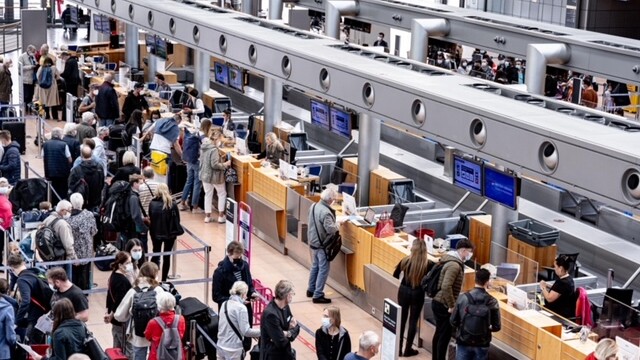"Sustainable airport operations with renewable energies is a building block for climate protection in aviation," said Michael Eggenschwiler, CEO of Hamburg Airport. Wind power, solar energy and green hydrogen are crucial to this end. "On an international level, we can bundle our know-how to work towards CO2-free airport operations and a future with sustainably operated aircraft," he added. Malcolm Johns, Chief Executive of Christchurch Airport, remarked: "We have had monthly online meetings with the Hamburg Airport team for some time now to advance our ambitious climate goals."
Hamburg Airport and Christchurch International Airport in New Zealand are joining forces to decarbonise their airports faster and to build up the infrastructure for green hydrogen. This strategy would enable them to achieve net zero pollution and eliminate carbon dioxide emissions fully. The City of Hamburg hopes to achieve this goal by late 2035.
CO2-free airport operations and renewable energies
Green hydrogen in aviation
Hamburg Airport has been CO2-neutral since late 2021 while Christchurch is a global leader in the field of decarbonisation and achieved the "Airport Carbon Accreditation Level 4" in 2020. Both airports are now pooling their expertise to advance the use of hydrogen in aviation. Ground and air operations are to be decarbonised through hydrogen technology. To this end, infrastructure is to be built for suitable technical storage options for hydrogen. Plans are also being laid to set up company-owned energy parks at both airports. Christchurch is relying on photovoltaics while Hamburg is banking on regenerative wind power.
nj/mm/sb/pb
Sources and further information
More
Similar articles

Hydrogen train now traversing Hamburg Metropolitan Region

Hamburg signs hydrogen agreement with Canadian province

